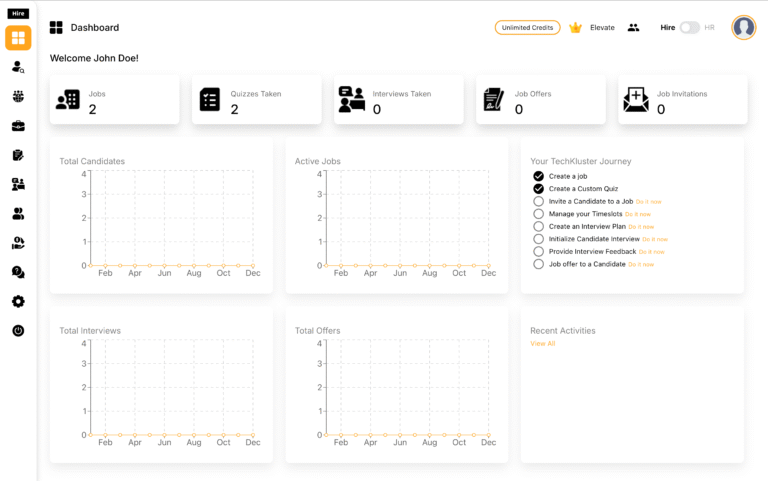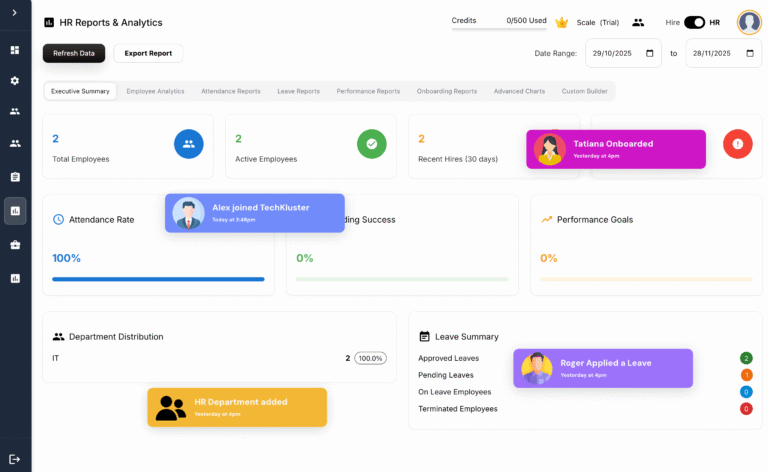Thanks to high school biology class, when many of us read “niche,” our first thought is of ecology. But this term isn’t exclusive to scientific study. In everyday life, a “niche” is a position where one can function comfortably, especially under specific conditions. If you offer a particular set of skills that others don’t, you’ve …
Thanks to high school biology class, when many of us read “niche,” our first thought is of ecology.
But this term isn’t exclusive to scientific study. In everyday life, a “niche” is a position where one can function comfortably, especially under specific conditions. If you offer a particular set of skills that others don’t, you’ve likely already found your niche.
Maybe you’re thinking of taking your niche and turning it into a profit. A business niche, or niche market, focuses on a tiny area in a large market with unique requirements and identities.
Filling a business niche is easier said than done, though, and if you don’t know where you excel or what sets you apart, it’s time to find out.
A business niche is a market segment where certain products and services are in demand. Niche markets can cater to geographic locations, cultures, occasions, or activities.
These days, services are increasingly specialized. It’s often preferable to be highly knowledgeable on one or two things than have general knowledge of everything. Specialization gives consumers, potential investors, and business partners clarity on your business and its function.
Intrinsic motivation and self-directed learning come into play when you’re looking to determine your niche. Once you’ve found it, you can narrow your focus and make efficient and significant progress. You’ll have more opportunities to be at the forefront of your respective field.
Starting a niche business is how many entrepreneurs break into the market. According to the Harvard Business Review, large markets bloom from profitable niche markets.
BetterUp coaches are here to help you find a niche of your own. Businesses and society only thrive when people are at their best. If you’re willing to put in the work, we’ll provide the accountability and perspective you need to transform your life.
How to find your niche
Finding the environment that best suits you is tricky. If you’re having trouble finding your true north, here’s a step-by-step process to help you:
1. Identify your interests
Knowing your interests is a crucial step. What do you do in your free time? What do you like learning about? If you’re working in a field you find boring, maybe you’re due for a switch. Growing and maintaining a new role is challenging, but the more you enjoy your work, the easier it’ll be to stay motivated.
2. Identify problems you can solve
The main goal of any business or service is to solve a customer base’s problem. Take the time to brainstorm and do market research. Google Trends is a free tool you can use to develop some potential ideas. Find what you’re interested in, and then seek out market gaps.
3. Focus on individuals
Not everyone will buy what you’re selling and that’s okay. What matters is finding the right customers instead of trying to reach everyone. You want to attract people who share your values; you’re more likely to build brand loyalty and a profitable business this way.
4. Experiment
When shopping for shoes, you don’t usually purchase the first pair you try on. You look around and see what fits. The same goes for finding your niche.
Maybe you want to run an online business or e-commerce store. If that’s the case, look for ways to make the search engine work in your favor and draw customers directly to your small business.
5. Gather feedback
If you’re unsure, start conversations. You can ask your family or colleagues for feedback and insights. Talk to your potential customer population about their specific needs. Start networking, seeking out people in similar fields or positions.
6. Forget about making money at the beginning
Yes, that’s the overall goal for a marketing strategy. But with a new business, it’s best not to put too much financial pressure on yourself. It can take time to become profitable.
7. Look at competitors
Take notes on what else is out there to help with your strategies or branding and content — but make sure your work is original.
8. Find your unique selling point
Every business or service has a unique selling point that differentiates it in the market. This could be anything from the design of the app to the ingredients in a cookie. This is where your creativity can truly shine. Think about what makes your product or service unique.
9. Test your ideas
The best way to know if your niche is correct is to test it. Put together a website, canvas door to door, or attend various business fairs to gain exposure to other ideas and display your own.
10. Reassess your chosen niche
There’s always room for improvement. Go back and answer the following questions: Is your business idea profitable? Who’s your target audience? What solutions are you offering consumers? Successful businesses reflect and readjust regularly.
4 benefits of finding a niche for your professional life
Finding your niche comes with multiple benefits, including:
1. Better relationships
Since you’re engaging with a smaller group of people, you can focus more time and effort on them, whether that’s personalizing emails or offering customizable services.
2. Less competition
There are always competitors, but niche markets experience less conflict because of their specialization.
3. Increased visibility
Participating in a niche market means you’re automatically going to stand out. You’ll have a higher chance of receiving a feature in the media, too.
4. It’s more fun
Niches allow you to pursue what you care about. The purpose of your work is to serve others as much as it is cultivating your interests. It’s a win-win.
4 examples of business niches
Below are examples of successful business niches. You may be familiar with some of them already:
-
SoulCycle: Astudio solely based on indoor cycling as a means of fitness.
-
Lush: This entire business is all about ethically made, eco-friendly cosmetics.
-
Georgetown Cupcakes: This bakery serves one product: Cupcakes, as the name suggests.
-
Nerd Fitness: The target customers here self-identify as gamers, nerds, and cosplayers. Nerd Fitness creates a safe space for this demographic to enjoy working out and live a healthy lifestyle.






